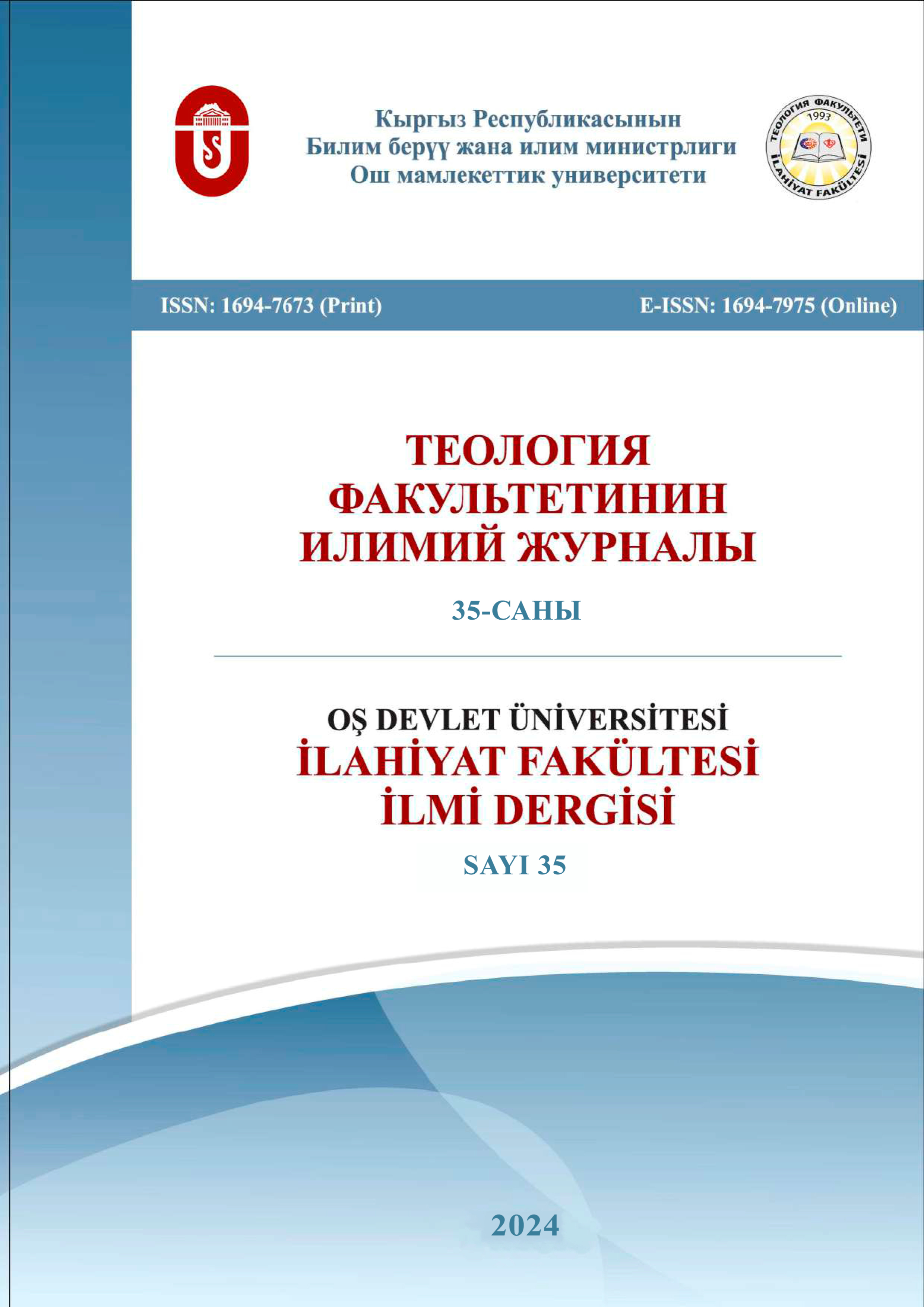Tafsir Activities of Turks in the Ottoman Context and the Reasons for the Predominant Use of Arabic in Ottoman Exegesis Works
DOI:
https://doi.org/10.52754/16947673_2024_35_6Keywords:
Qur'an, Ottoman, Language, Turkish, Arabic, Madrasa, CivilizationAbstract
Whether in an academic sense or not, the science of tafsir has constituted and continues to constitute the subject of numerous studies from diverse perspectives. Nonetheless, throughout historical progress, the transformations in scholarly perception and understanding, the changes in language and style, their causes, and perhaps most critically, the consequences of these changes have yet to be sufficiently examined.
The discipline of tafsir holds a unique position among other Islamic sciences. In Ottoman madrasas, the course on exegesis was placed at the very summit and final phase of the curriculum. It was a science taught after all the fundamental religious sciences and the auxiliary sciences, primarily Arabic, because the science of explanation, which means understanding and interpreting the Qur'an, was seen as a rich and expansive field of study, comprehensible only after mastering all these sciences. However, despite their exceptional interest in and importance given to the science of exegesis and their consistent support for this field, Ottoman scholars penned most of their works in Arabic.
This article explores the reasons behind such considerations by Ottoman madrasas and scholars. Whether the Ottoman scholars' use of Arabic as the language of science in their works should be seen as a concession to national identity, or should it be attributed to the spirit of the age and the needs and expectations of the audience, aligning with the mission and worldview of the Ottomans as individuals, a state, and a society? Even though the books taught were in Arabic, could the fact that the official language of the state was Turkish and that the presentations and oral aspects of lessons in madrasas were always in Turkish be considered evidence of the preservation of national identity? Our article has been drafted around these questions, trying to articulate the strong connection known in the academic world but only sometimes focused upon between religion, the spirit of the age, the perception of science, and civilization.
Downloads
Published
How to Cite
Issue
Section
License
Copyright (c) 2025 Hüseyin KEBECİ

This work is licensed under a Creative Commons Attribution 4.0 International License.

